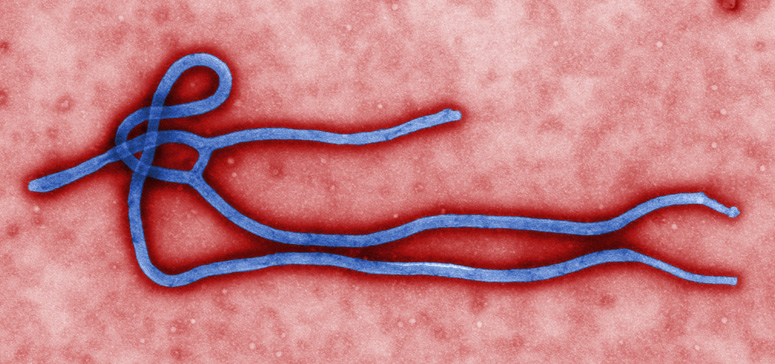The current political race for President has stirred up a lot of emotion and, let’s face it, anger. Bernie and his supporters are angry about economic inequality; The Donald and his supporters are angry about immigration, the uneven economic recovery and a bunch of other things; Hillary and her supporters are angry about racism and sexism; and Ted and his supporters are angry about a variety of social conservative issues. This is a very simplified depiction of what the various candidates and their supporters stand for, but it begins to explains why this particular contest is so hotly contested.
The brawl at the cancel Chicago rally for Donald Trump yesterday has folks on both sides pointing fingers, claiming intolerance and declaring their First Amendment right to speak and be heard.
Saturday Night Live, like Jon Stewart, John Oliver, and Stephen Colbert, has a track record of making fun of politicians and political issues to make a point. And last week’s fake ad for Trump speaks directly to this matter of racism.
Whether you agree or not with Trump or his detractors, the arguments on both sides have been enflamed with passion. When I watched the SNL video today I took a quick look at the comments (almost NEVER a good idea) and found this.

Apparently [heat-mon] selected quotes from responses to Dianne Bishop, (by people opposed to her support for Trump), and posted them to make the case that intolerance of intolerance also has an ugly side.
And older folks wonder why young people don’t show more interest in politics.

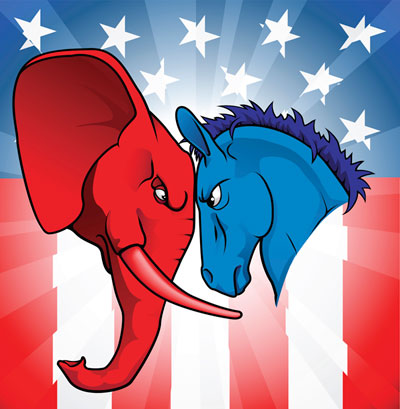 It’s an election year and my news feed is turning into a political brawl. Cable and network news shows are stoking the drama that seems to grow with every passing day. Presidential candidates are coming unhinged and saying things that would have never have been accepted just a decade or two ago. What used to be a fairly conventional, and even predictable, process has changed. And media may be part of the problem.
It’s an election year and my news feed is turning into a political brawl. Cable and network news shows are stoking the drama that seems to grow with every passing day. Presidential candidates are coming unhinged and saying things that would have never have been accepted just a decade or two ago. What used to be a fairly conventional, and even predictable, process has changed. And media may be part of the problem.
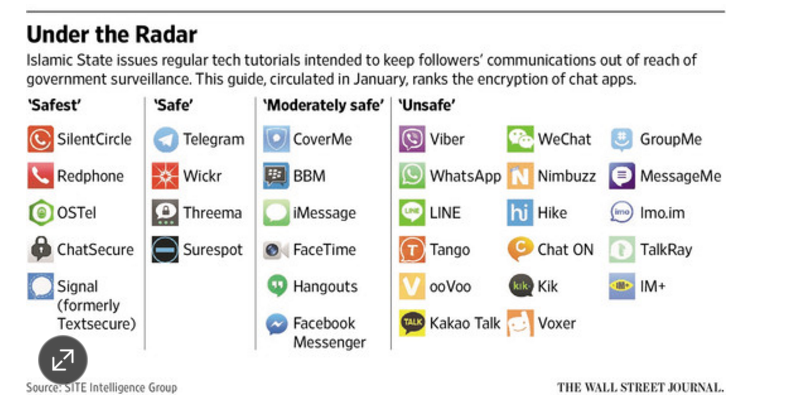
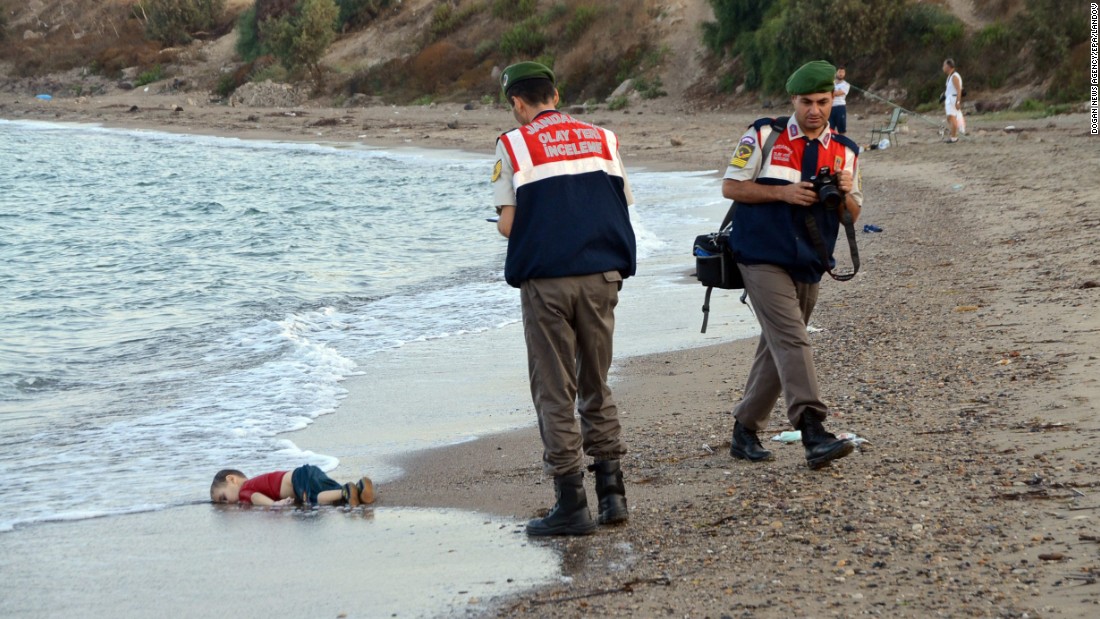
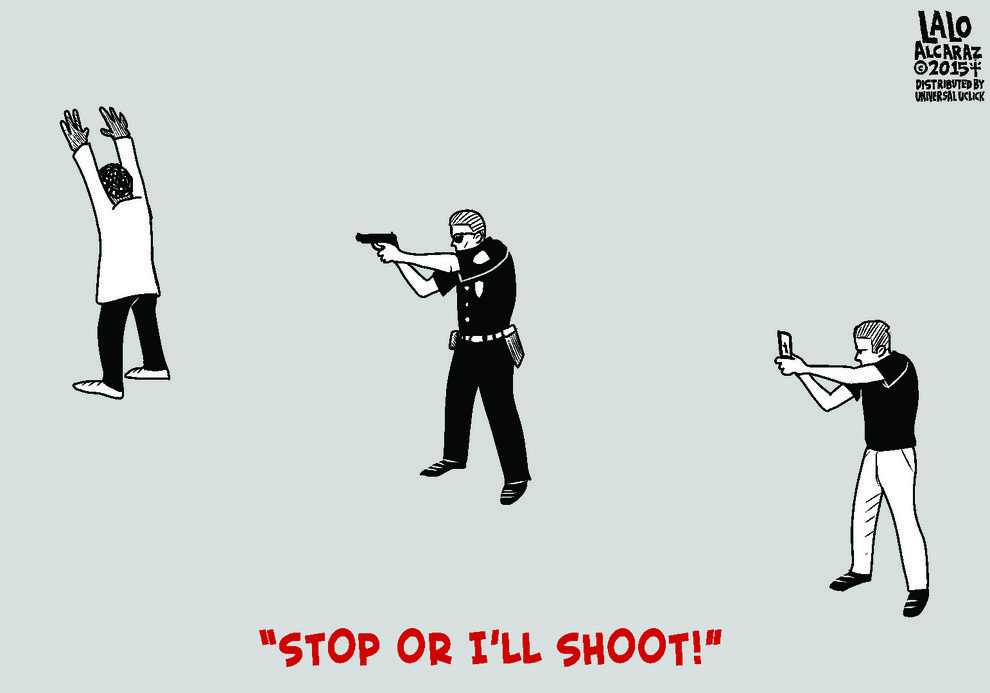 CSU-Pueblo MCCNM alum Daneya Esgar (class of 2001) is co-sponsoring legislation before the Colorado state legislature. Before becoming a State Representative, Esgar was a news producer for local affiliate KOAA-TV. In her new role Esgar is promoting legislation that expand protection for citizen journalists and ordinary citizens who may find themselves eye witnesses to law enforcement agencies working in the local community.
CSU-Pueblo MCCNM alum Daneya Esgar (class of 2001) is co-sponsoring legislation before the Colorado state legislature. Before becoming a State Representative, Esgar was a news producer for local affiliate KOAA-TV. In her new role Esgar is promoting legislation that expand protection for citizen journalists and ordinary citizens who may find themselves eye witnesses to law enforcement agencies working in the local community.